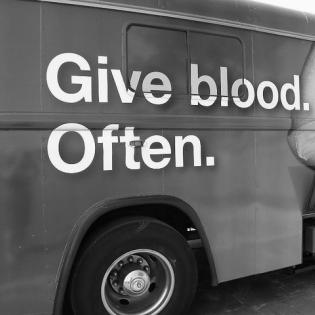Step Five is where students create the presentation of the service-learning project they are proposing. They will receive feedback and then present their ideas in front of parents and community partners that you invite in. The presentations are a celebration of the learning that has happened up...
Filter by subjects:
Filter by grades:
Filter by audience:
Filter by issue area:
Filter by content type:
Filter by resource type:
resource search
Students evaluate their learning about philanthropy and the process of selecting a service-learning project. They write a guided reflection on their experience.
There are many ways to be healthy and safe. We can build physical health with exercise and games, healthy food, and sleeping. We can maintain mental health with meditation, relationships, volunteering, and self-care. The health and safety of ourselves and others is important for a healthy community. These lesson plans, project ideas, and community resources help youth understand and advocate for healthy and safe choices for self and community, as well as learn about advocacy for good practices, disease research, anti-smoking/vaping, and mental health.
These lessons were designed by a high school classroom that was motivated by a quote by Dr. Martin Luther King, Jr. They tried to envision a project centered on driving out hate in their community by showing love.
This lesson focuses on the language of human rights. Learners examine the Universal Declaration of Human Rights and analyze the rights from a personal perspective. They discuss how well they perceive that the rights are enforced.
Young people investigate, plan, and facilitate a service-learning project that benefits refugees in their community.
Photo Credit:...
Youth Activity: Participants will gain a greater understanding of the meaning of philanthropy, and identify at least one action that they can take to better their own community. They will investigate the strength of the human spirit and its importance in making the world better. See...
Children listen and respond to a biography of Dr. Martin Luther King, Jr. They discuss the importance of kind acts and service to others. They reflect on a quotation by Dr. King and apply it to their own lives.
Young people learn about people and children who are homeless and make bedtime bags for children in shelters as their service project.
"I always wondered why somebody doesn't do something about that. Then I realized I was somebody." - Lily Tomlin
Photo Credit:...
